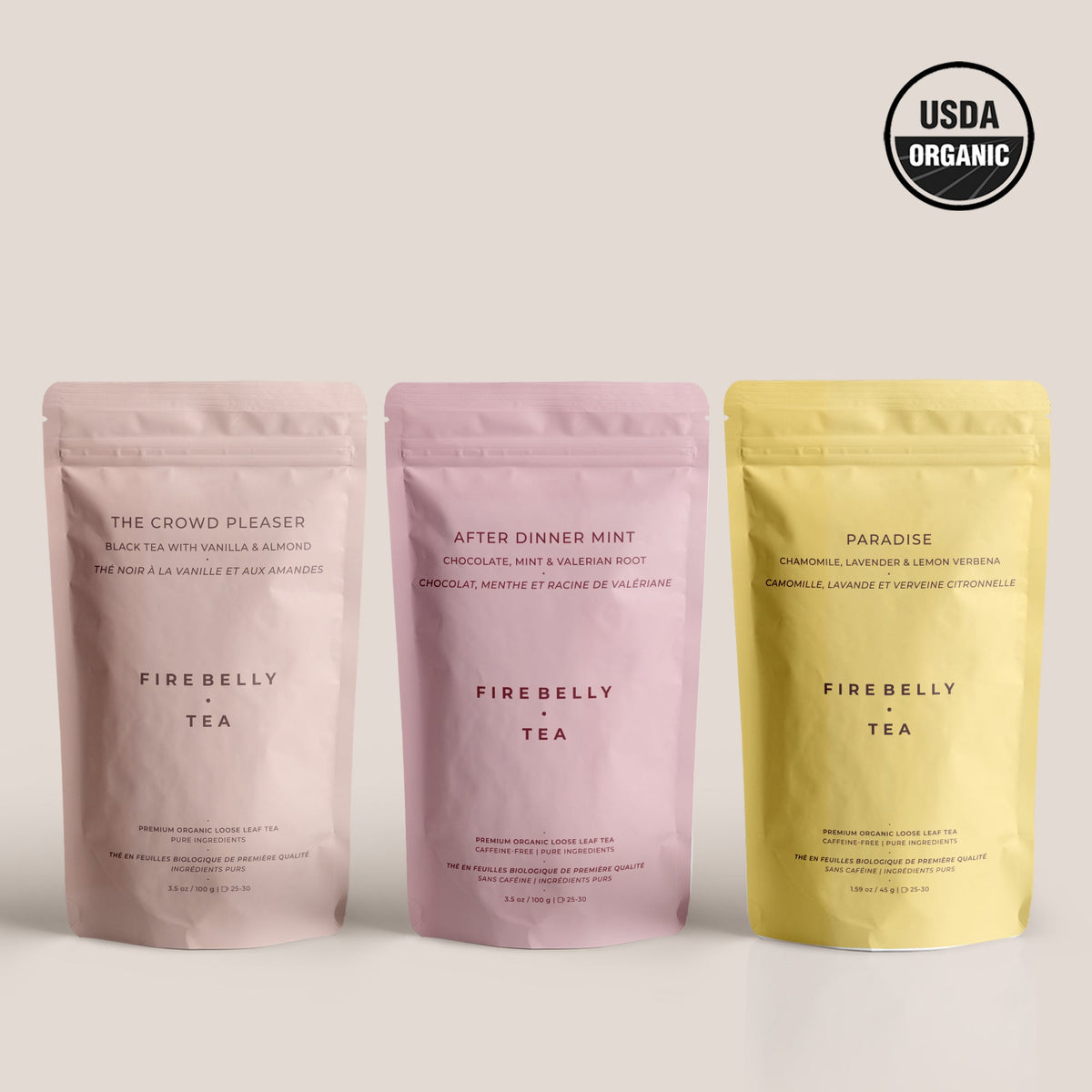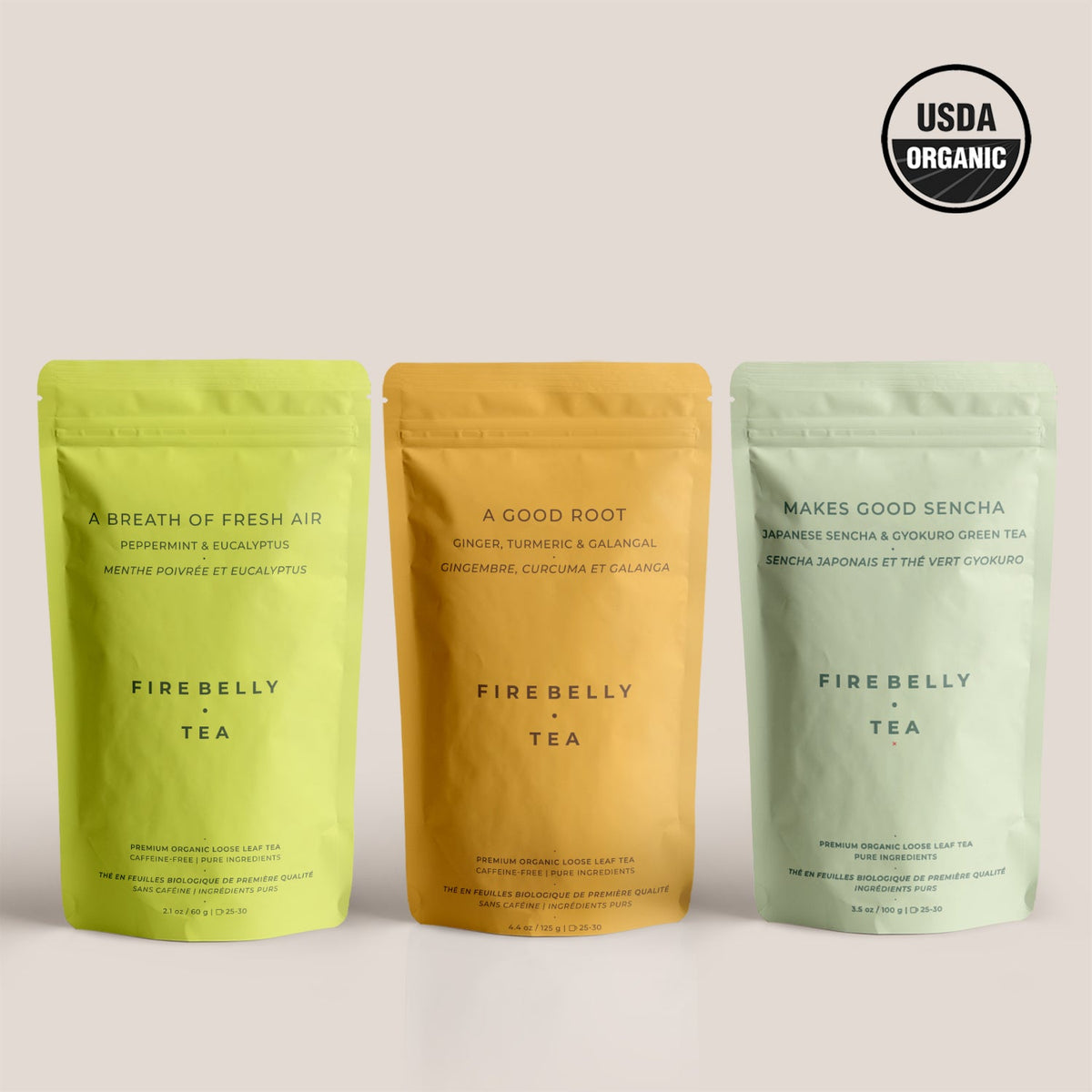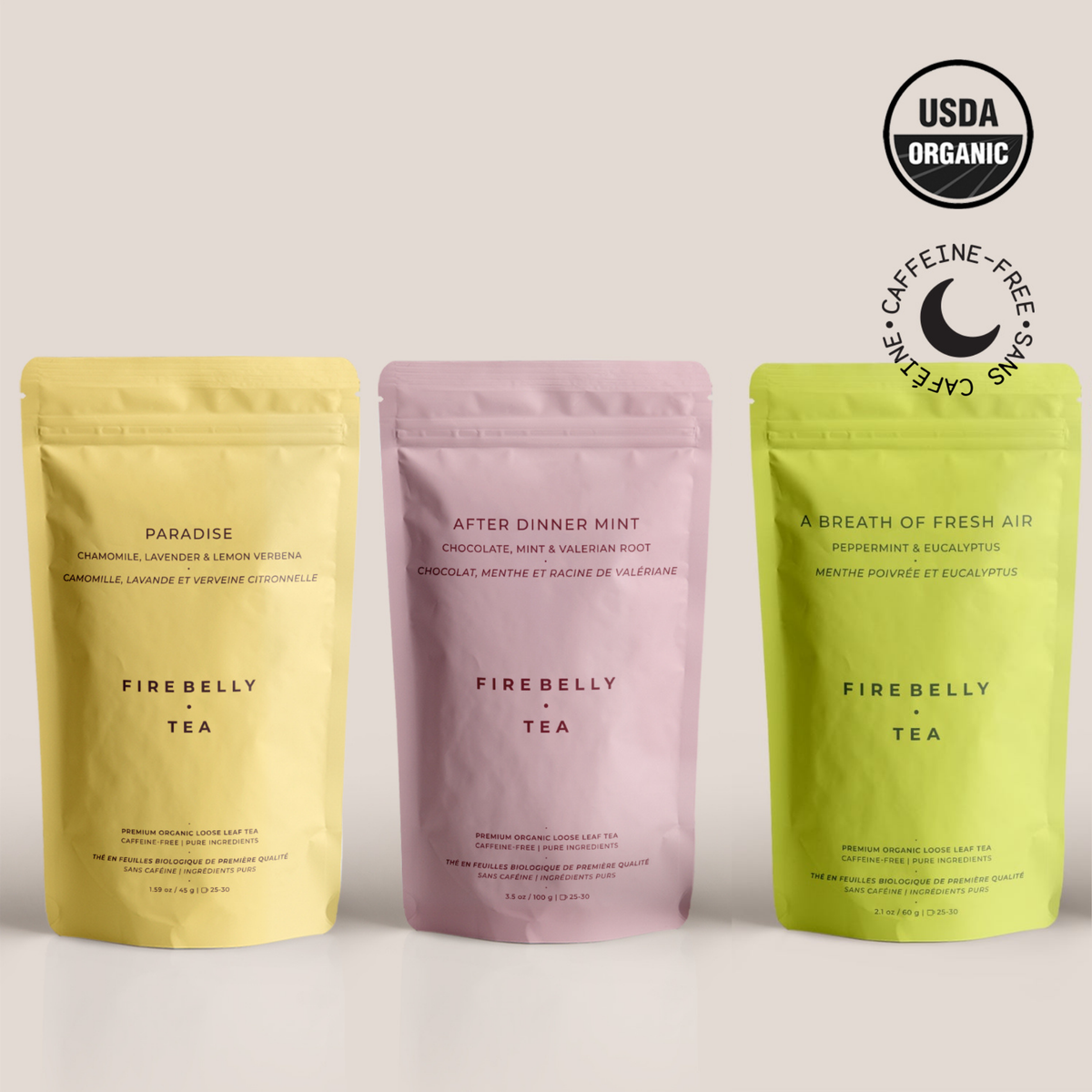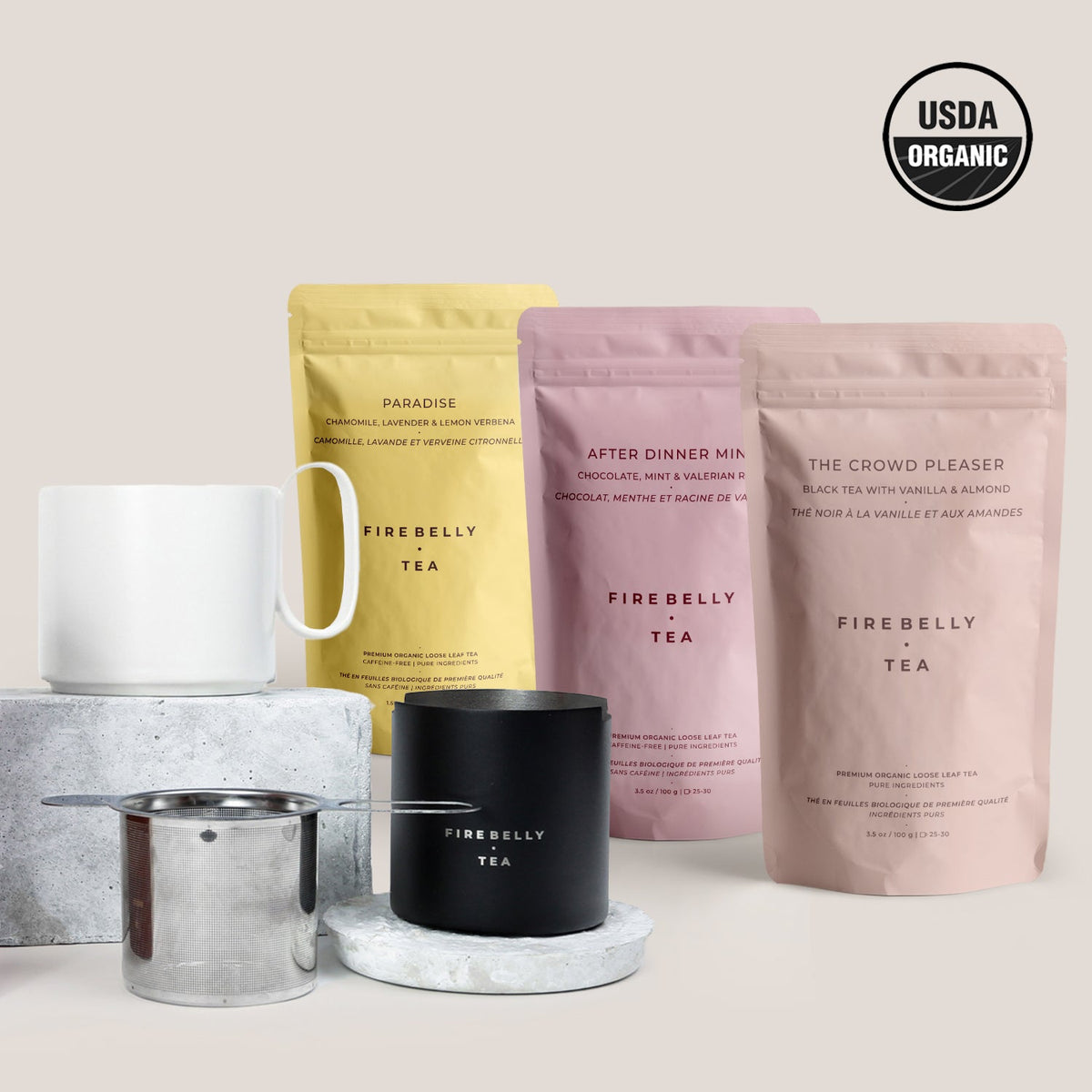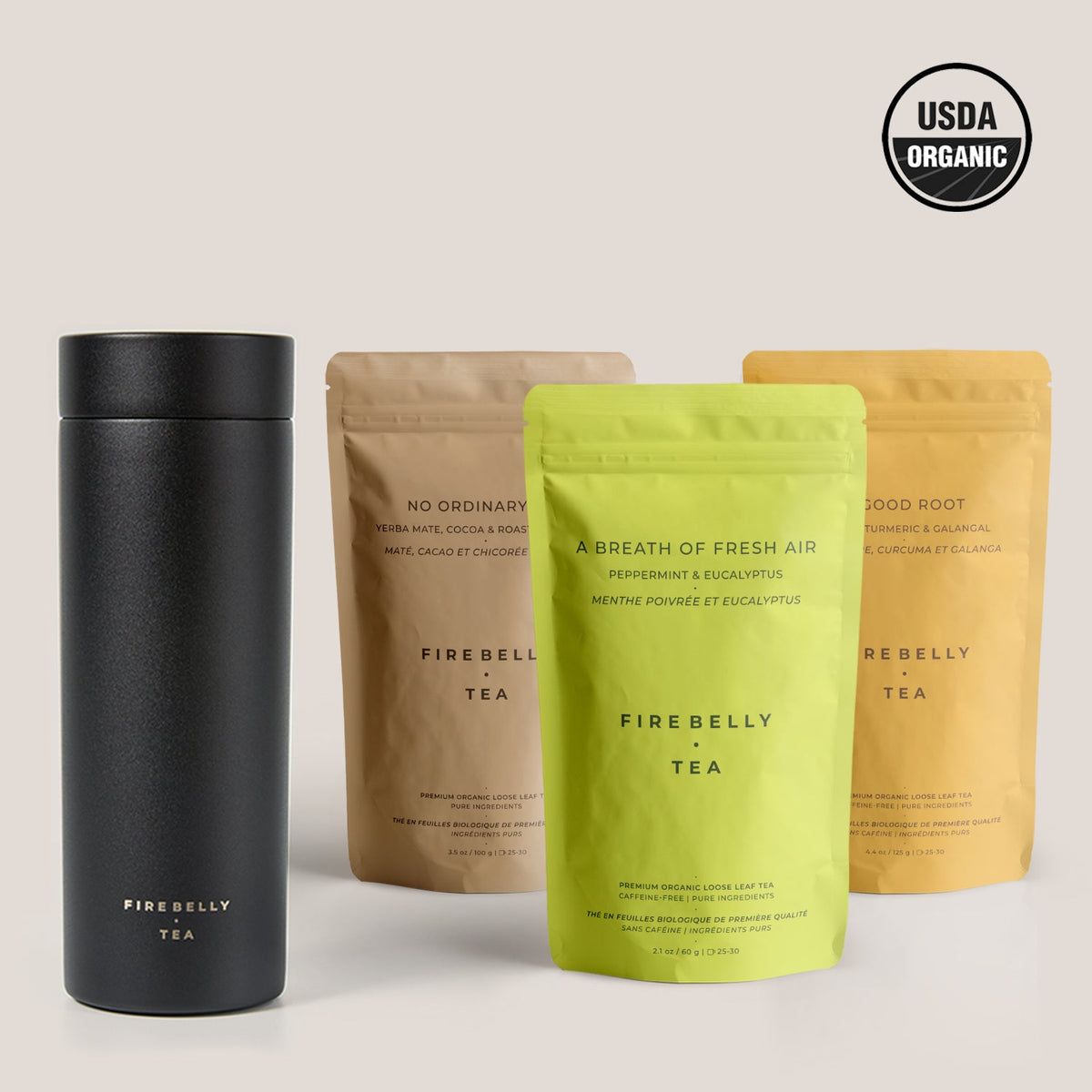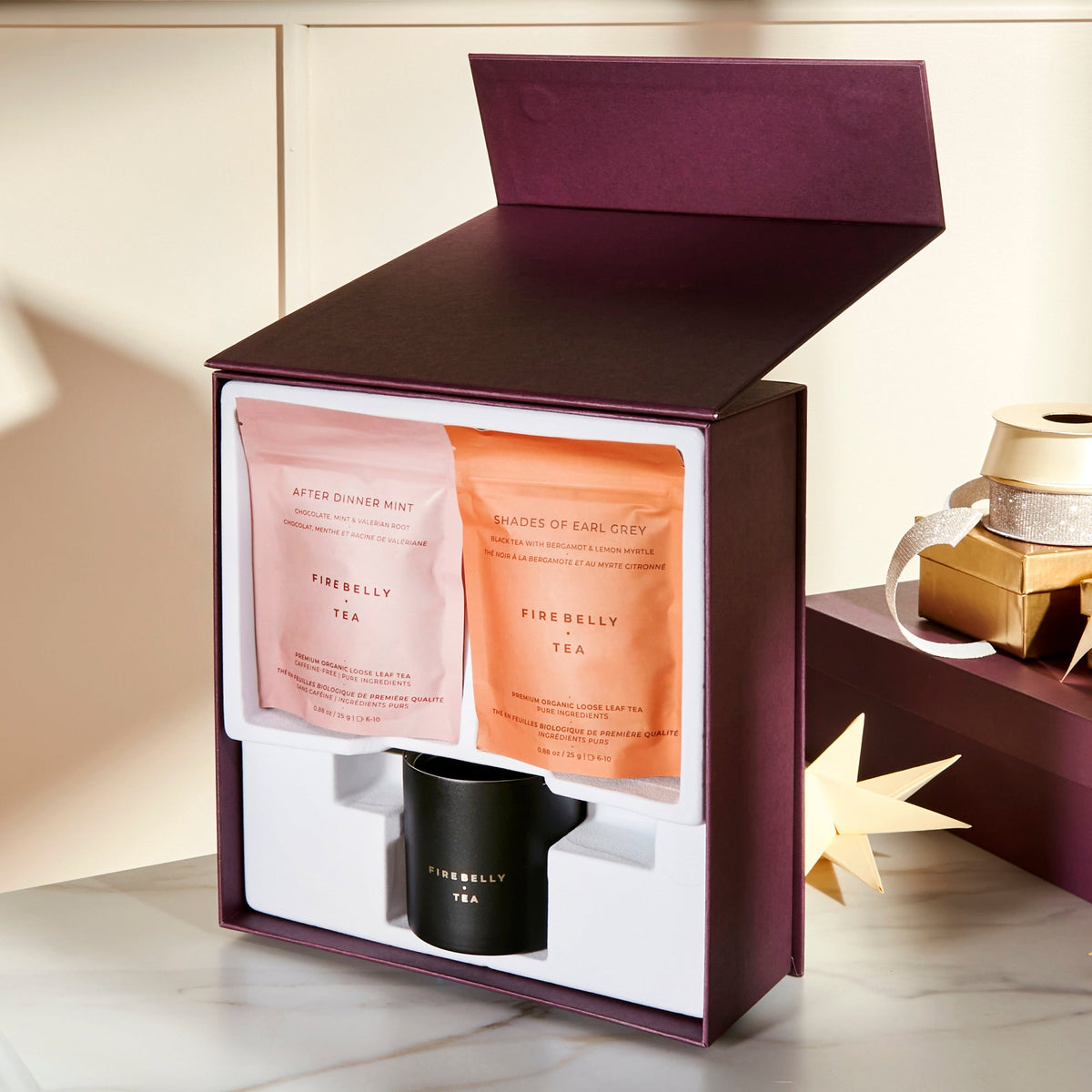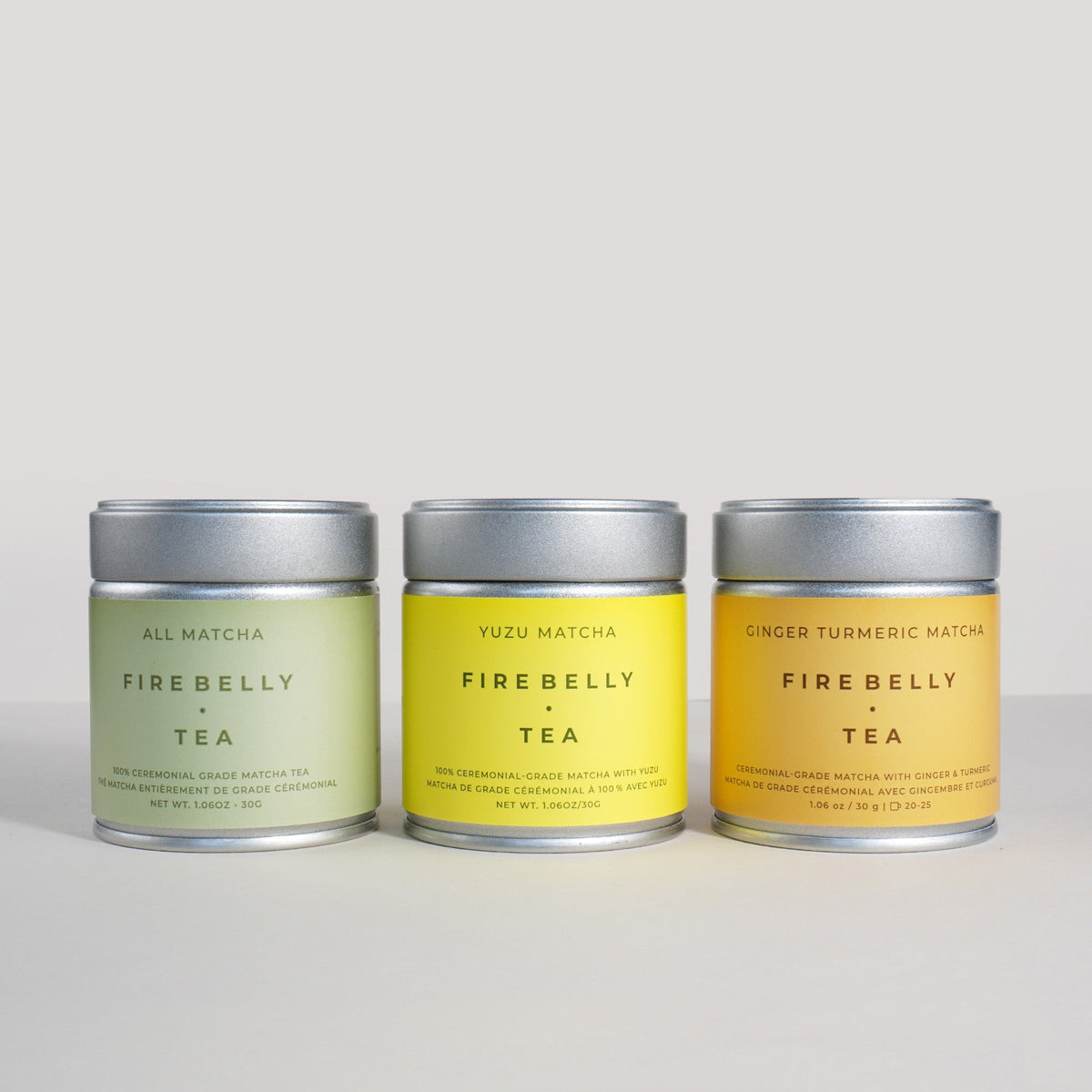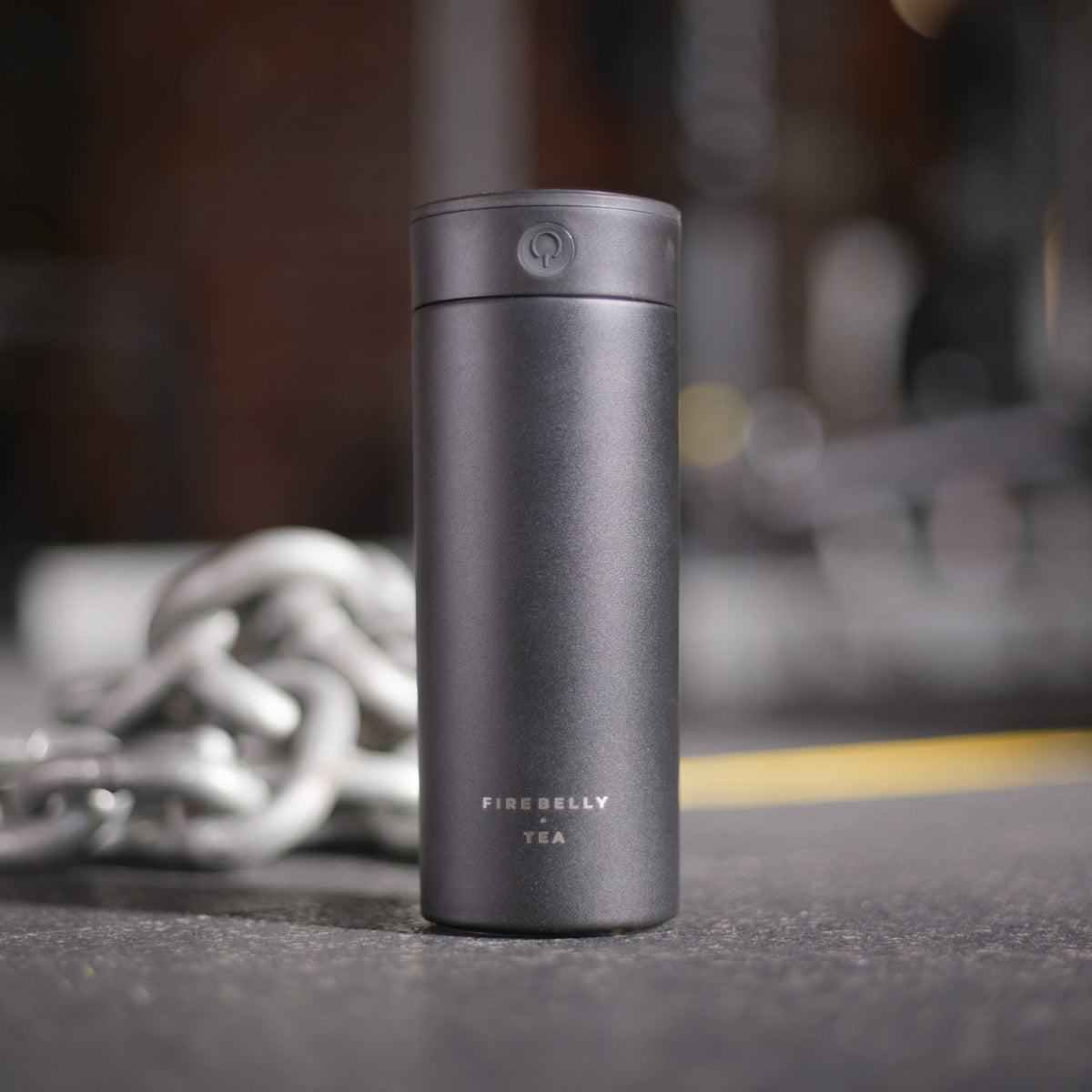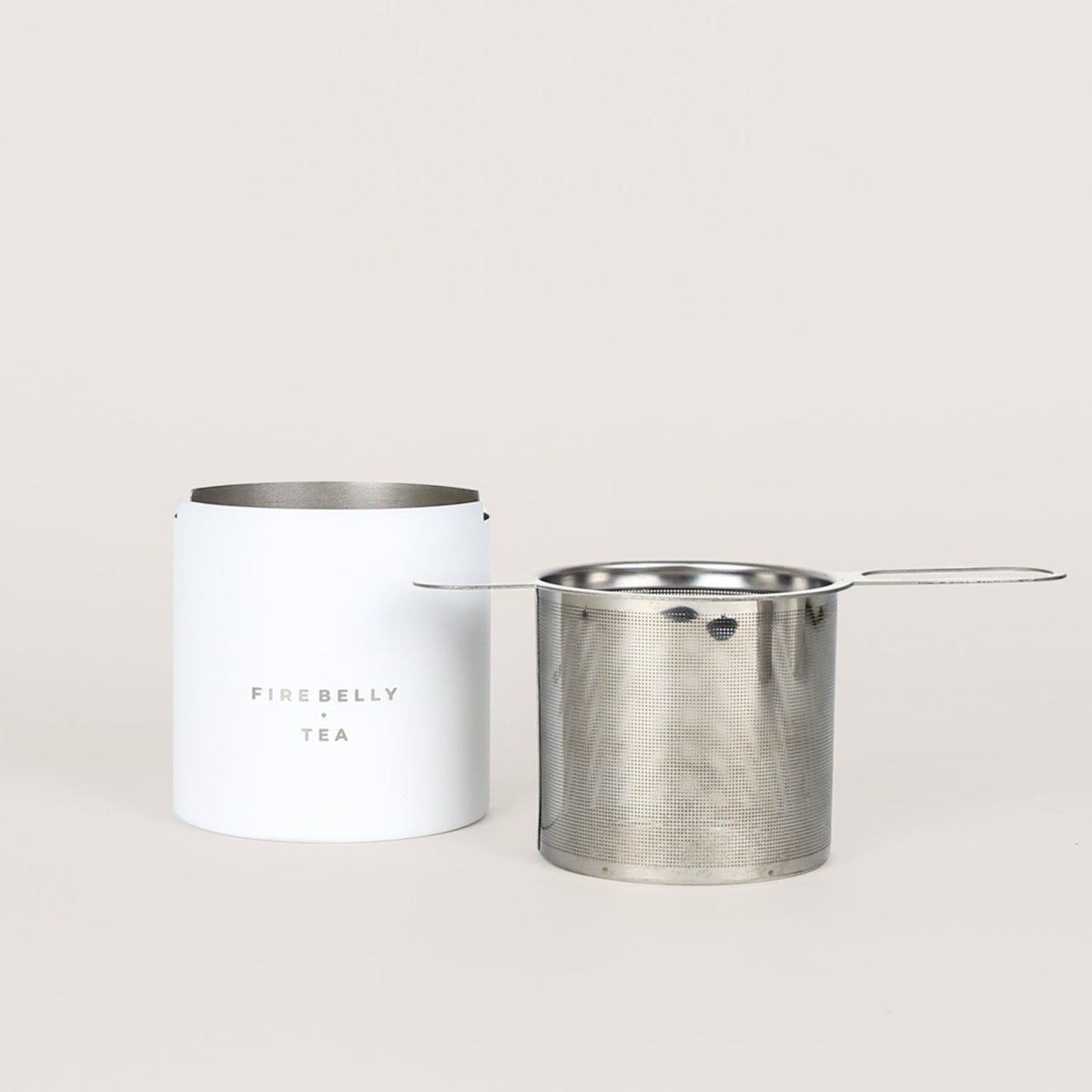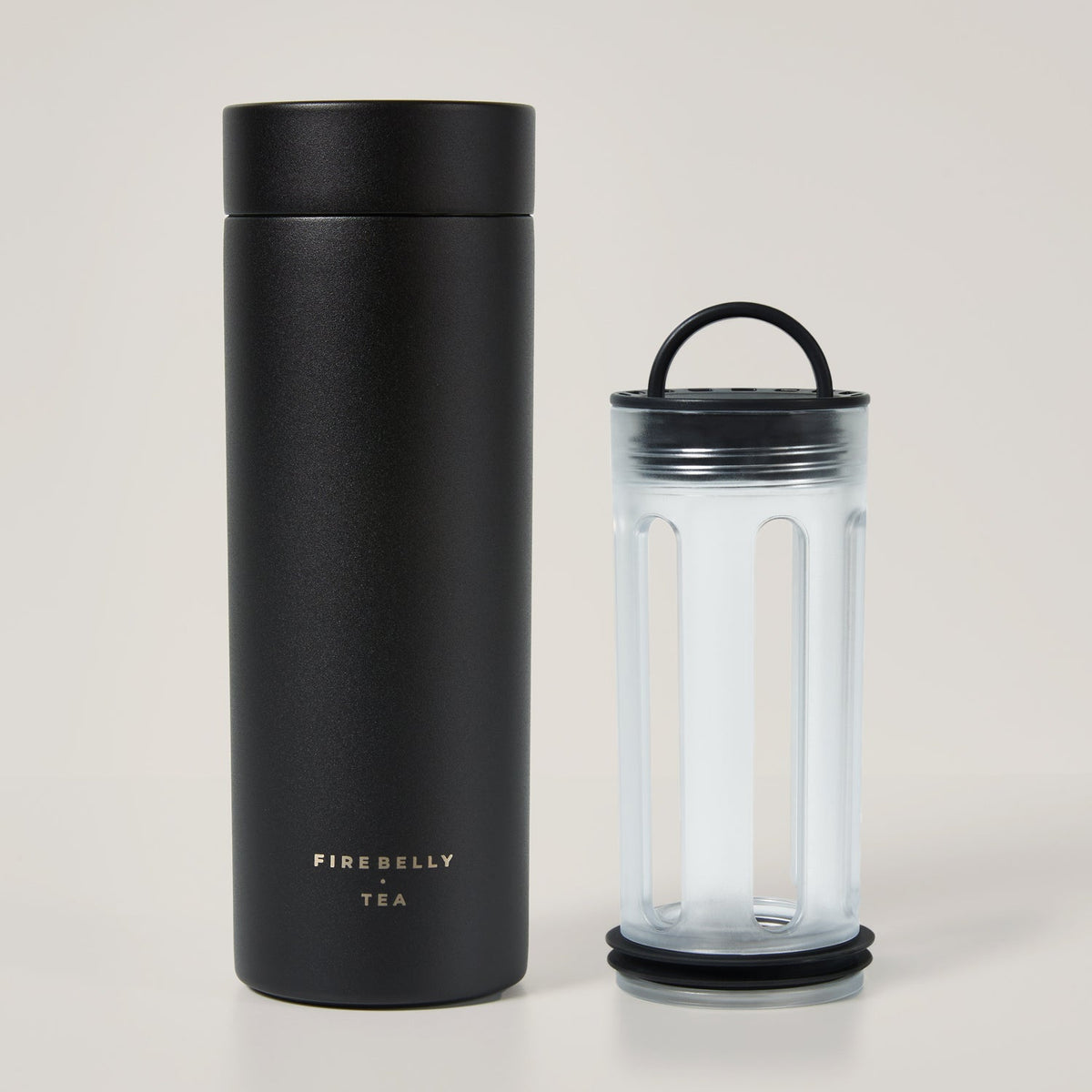Humans have been using plants for medicinal purposes for centuries. Rich with powerful plant compounds, herbal remedies are available in the form of spices, plants, and herbs. Plants have been used in numerous herbal remedies to treat pain and improve human health.
These plant beneficial compounds or phytochemicals may help prevent oxidative damage to cells and reduce inflammation in the process. In this article, we'll explore the anti-inflammatory properties of different teas and how they may be the link to reducing the risk of chronic diseases.
What is inflammation?
Almost everyone has experienced the inflammatory process in one way or another. If you've ever cut your finger or stepped on a sharp object, you've probably experienced the redness, swelling, and heat that comes from an injury. This is the inflammation process at work.
Inflammation is a survival mechanism of the human body necessary to keep cells from experiencing further damage. However, inflammation can occur throughout the human body in several other ways. Obesity, smoking, and a sedentary lifestyle can contribute to inflammation and cause serious health problems such as high blood pressure, diabetes, and even heart disease.
Acute and chronic inflammation
Acute Inflammation
Acute inflammation occurs rather suddenly and lasts only a short while. The body responds quickly to take care of any dead cells and begins repairing any damaged ones. In time, cuts, scrapes, and injuries are healed, and symptoms of inflammation such as redness and swelling disappear.
Chronic Inflammation
Chronic inflammation starts with a similar cell response, but it can linger on for months or even years instead of balancing out and healing the affected area. The inflammation hangs around long after the initial threat has occurred because the immune system fails to take care of the problem and fight inflammation in these areas. In the process, the body prompts white blood cells to attack healthy tissues and organs. The primary influences on chronic inflammation are lifestyle choices and genetics. Genetics are impossible to change, but diet can be controlled and changed.
The Anti-Inflammatory Properties of Herbal Teas
People have been drinking tea to help with everything from stomach cramps to anxiety. The foundation of Ayurvedic medicine is the health benefits of herbal remedies such as spices, herbs, plants, and herbal teas. Scientific studies are now showing that tea drinkers who drink black and green tea may be helping reduce chronic inflammation and, with it, reducing the risk of certain diseases. Let's look at the top anti-inflammatory teas people drink to help reduce inflammatory conditions in the body.
Some herbal tea blends contain caffeine and can affect certain medications. Anti-inflammatory herbs may produce some side effects. As always, we recommend you speak to a health practitioner before taking any new dietary aid, supplement, or herbal tea.
#1. Green Tea
The top tea on our list is green tea. Although green tea comes from the same plant as black tea and white tea, the Camellia Sinensis plant, white tea and green tea leaves are processed differently than black tea leaves. While black tea leaves go through oxidization or are exposed to air to dry, white teas and green teas are typically not oxidized or are oxidized very little. This is why green tea retains its bright green color, and black tea is much darker.
Green tea is loaded with healthy plant compounds called polyphenols. These anti-inflammatory compounds in green tea may help relieve the flare-ups associated with inflammatory bowel diseases (IBDs) like Crohn's disease and ulcerative colitis. Green teas may also help reduce inflammation for conditions connected to heart disease and Alzheimer's disease, and studies show that green tea may even contain anti-cancer properties.
#2. Holy Basil
The next anti-inflammatory tea on our list is holy basil. In Ayurvedic medicine, this tea is more commonly known as the "Queen of herbs" because of its significant health benefits. Also known as tulsi tea, it is considered an adaptogen. Adaptogens may help people deal with emotional, metabolic, and environmental stresses. These stresses could contribute to inflammation fueling the fire of chronic disease.
Some studies indicate that holy basil contains anti-inflammatory benefits that may help lower cholesterol, blood pressure, and blood sugar levels. This tea may also reduce uric acid levels, lessening gout pain and rheumatoid arthritis.
#3. Turmeric
Many herbs and spices can be turned into a warm and inviting cup of tea. Turmeric is a flowering plant with an edible root that is dried and made into a yellow spice. You can use this spice in many dishes for color and flavor and produce turmeric tea.
The yellow compound in powdered turmeric tea is called curcumin and possesses many health benefits, including reducing inflammation. Some studies show that turmeric and curcumin may help soothe inflammation associated with arthritis, heart disease, joint pain, muscle soreness, and even IBDs. One such study, with one group taking curcumin, and another group taking placebos, found that those in the curcumin group drastically reduced muscle soreness compared to those in the placebo group.
#4. Ginger
Ginger is loaded with antioxidant compounds. Many of these compounds reduce the production of cytokines or substances that add to the inflammation in your body.
One study in people with diabetes, who took 1,600 mg of ginger daily, saw drastically lower blood sugar levels, lower total cholesterol, and inflammatory blood markers, including C-reactive protein (CRP). Although the studies were done with ginger and not ginger tea, it suggests that drinking ginger tea should have the same effect.
#5. Rose Hip
Another one of the many herbal teas that fight inflammation is rose hip tea. Rose hips are bright red, round, edible "fruits" that remain on the rose plant long after the bush loses its flowers. Used as a herbal medicine for over two centuries, rose hips are packed with antioxidants, including vitamins C and E and beta carotene.
Rose hips also contain phenolic compounds that help the body fight inflammation and protect cells from further damage. Studies show that rosehips reduce pain and symptoms associated with rheumatoid arthritis.
#6. Fennel
With a licorice or anise flavor, fennel is a bulb plant hailing from the Mediterranean and is often used as a tea to fight inflammation. Fennel is loaded with anti-inflammatory phenolic compounds, including caffeoylquinic acid, quercetin, rosmarinic acid, and kaempferol, and in one study, fennel helped reduce menstrual pain.
Tips And Suggestions
Although most herbal tea and tea extracts are safe to consume, you should check with your doctor before trying any teas on this list or any others you may find. Here are a few tips before you pour yourself a cup of your favorite herbal tea.
How To Make An Anti-Inflammatory Tea
Brewing the perfect cup of tea means using the best teas available. Loose tea in an infuser is much better than using a tea bag. Loose tea contains far more antioxidants than the tea bag versions. The reason is that loose-leaf tea goes through far less processing, retaining more of the natural plant compounds.
A study found that steeping tea for 5 minutes is enough time to get around 80-90% of the healthy antioxidant benefits. Steeping the tea longer than 5 minutes won't extract much more. It is also recommended not to pour boiling water directly onto the delicate leaves, as it may "burn" the flavor of the tea.
To avoid this, as the water is starting to warm up, take a few tablespoons of warm water and add it to the leaves in your cup. Stir the leaves around to begin releasing the flavor, and once the water has boiled, you can pour it into the cup to further release the flavor.
Get creative with your flavors and combine the spicy flavor of cinnamon tea with rooibos tea. Or maybe make a tea of licorice root with the floral notes of jasmine tea. You can also create different tea blends by adding slices of lemons, oranges, or other beneficial herbs and spices like cardamom. To save you some time, why not choose one of these amazing teas to try?
Use The Best Teas
When you're making a tea for a specific reason, and you want to maximize the many benefits of the tea, we recommend that you use the best quality of tea and the correct quantity. Avoid teas that use pesticides or herbicides, and look for all-natural teas.
Store your teas in airtight containers in a dark, cool, and dry place to preserve the nutritional properties of the tea longer. If not stored correctly, the tea can go bad quickly and grow fungus and mold. Check your teas regularly to ensure they are still fresh and suitable to use.
Final Thoughts on Drinking Tea to Help Reduce Inflammation
Drinking a cup of herbal tea is a lovely way to relax. However, that herbal goodness may be doing more than just filling your tastebuds with a ton of flavor. Your naturally caffeine-free, herbal tea might be giving your immune system a boost and helping your body as it fights inflammation.
